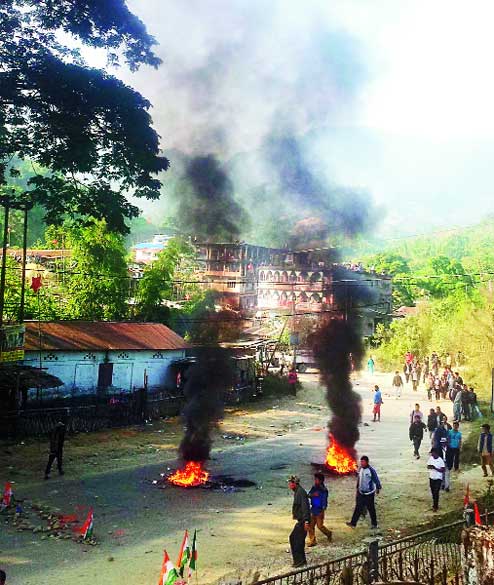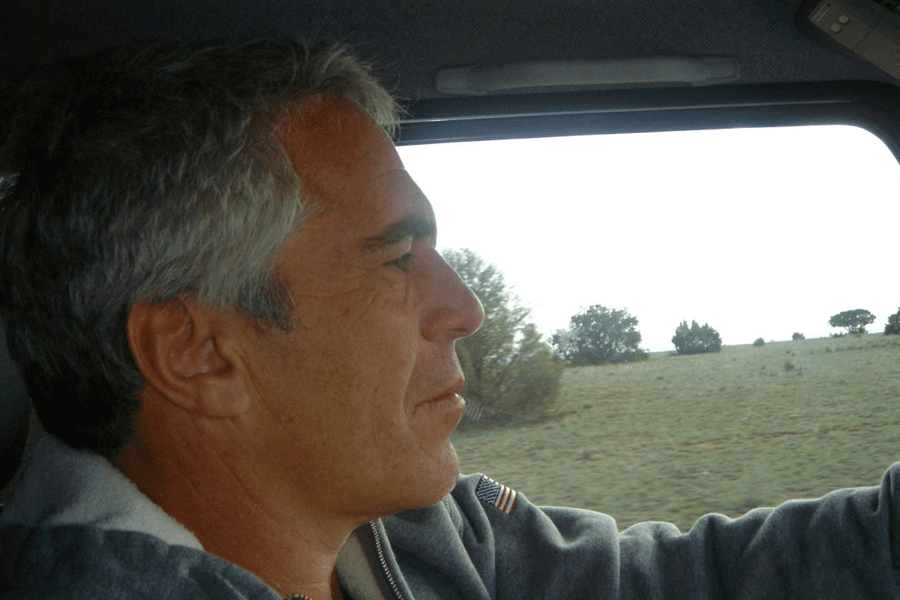
Shillong, July 2: Traditional production of smoked fish in Meghalaya's Jaintia hills has undergone a sea change - from prolonging its shelf life to exploring the idea of marketing it online.
In tune with this change, a smoked fish working shed, the first in the state, was recently handed over to a multipurpose cooperative society at Umladkhur village under Amlarem community and rural development block of West Jaintia Hills district. Umladkhur is around 100km from here.
The shed was born out of a convergence project involving the Mahatma Gandhi National Rural Employment Guarantee Act, Meghalaya Institute of Entrepreneurship, Meghalaya Basin Development Authority, and district rural development agency, West Jaintia Hills.
It was constructed at a cost of around Rs 5.4 lakh. It will be managed by Seng Trea Multipurpose Co-operative Society Limited.
DRDA project director D.M. Wallang said the working shed will usher in a "positive change" by improving the livelihood of fish farmers as well as augment and upgrade the traditional skills of the people.
Umladkhur is well known for a variety of fish products like fish pickle, fish balls, fish cutlet, fish wafers apart from the famed smoked fish.
The shed makes use of community fish smoking kilns (Cofiski), sponsored by the Indian Council of Agricultural Research (ICAR)-Central Institute of Fisheries Technology (CIFT), Kochi, which improves the quality of the final product by "using" less smoke as opposed to the traditional method.
According to the traditional method, a lot of firewood is used in the production of smoked fish, which will decrease while using Cofiskis.
Wallang said the machines will facilitate the production of smoked, cured fish of high quality, longer shelf life and better nutrition.
"The traditional method was unsafe and quite unhygienic. Through this new method, a lesser amount of firewood will be required," he said.
Umladkhur has more than 200 households, and around 30 of them are actively involved in the production of smoked fish, he added.
In 2015, two groups of fish farmers from Umladkhur and Thangbuli village, also under Amlarem block, were sent for training to CIFT as part of the process to bring about change in smoked fish production. They were also sent for training in packaging to Calcutta.
Wallang said the new method of smoked fish production will be a "game-changer" in the long run.
"Through the traditional method, the households could produce barely 20kg smoked fish daily. The shelf life during summer would not be more than five days while in winter, it is about a week," he said.
Wallang said the fish farmers would sell the smoked fish at prices ranging from Rs 140 to Rs 200 in the weekly markets of Amlarem, Dawki, Muktapur, Ummulong, Jowai and Shillong.
On an average, the farmers earned around Rs 12,500 per month. Through this new technology, he said the shed would be able to produce around 50kg daily with a shelf life of not less than five weeks. The income for farmers will also increase four-fold, he said.
Apart from the increase in the shelf life and income, the health of the workers and hygiene would also improve, he added.
At the same time, Wallang said efforts are being made to attain a licence from the Food Safety and Standards Authority of India (FSSAI) so that the product can be exported. "Once we receive the licence, we will also look into marketing of smoked fish and other products online," he said.
Stating the aim is to make fish and smoked fish production into a "community movement", he said more Cofiskis will be sponsored by CIFT for the farmers.
"We have also decided to undertake tree plantation in the village so the people do not have to purchase firewood from elsewhere," he said.
Moreover, Wallang said there is a plan to link smoked fish production to tourism wherein visitors can savour the smoked fish and other products at the shed.










